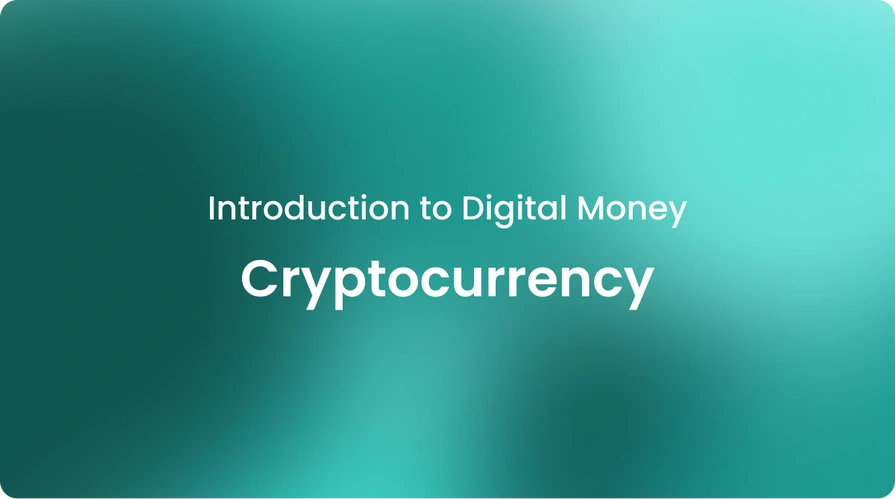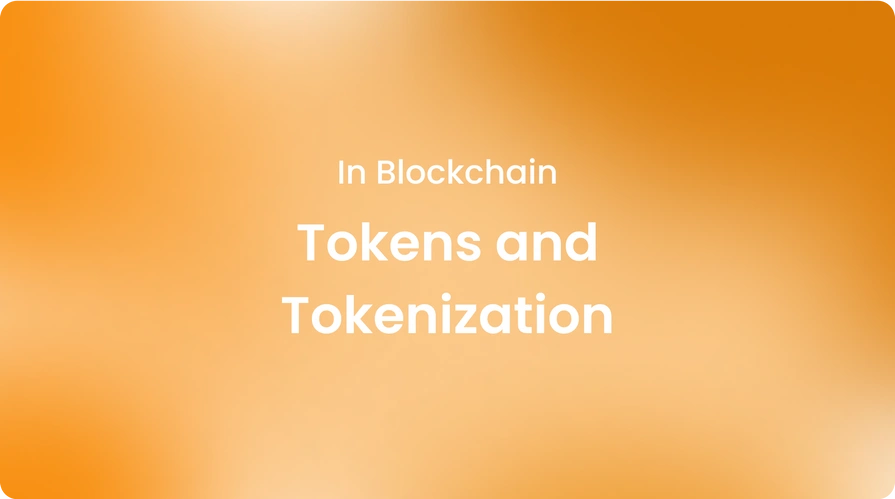|knowledgehub, technology
What Is the Initial Coin Offering (ICO)?

Initial coin offerings, commonly referred to as ICOs, have rapidly grown to become one of the most disruptive forces in both finance and technology.
As crypto awareness expands worldwide, ICOs are opening fascinating new possibilities for funding innovative projects while directly connecting investors and innovators across borders like never before. However, this nascent process also brings risks that require diligence and care.
In this blog, we'll delve into the core mechanics and implications of ICOs, providing helpful insight for both curious newcomers and experienced crypto merchants alike. To understand ICOs, one must first grasp blockchain technology and cryptocurrency.
At its core, blockchain acts as a decentralized digital ledger that securely records transactions across a distributed network. Users can send and receive cryptocurrencies like Bitcoin on various blockchain networks, treating them as digital assets.
An ICO happens when a new blockchain project conducts a crowdfunding campaign by issuing their own unique crypto tokens and selling them in exchange for established cryptocurrencies. These tokens may provide future access to a service or hold potential value if the project succeeds.
For example, an ICO might issue "Project Tokens" that purchasers could eventually use to buy goods and services on a new digital marketplace. The funds raised allow projects to further develop promising ideas that could transform entire industries.
How do initial coin offerings (ICOs) work?
The basic process of ICO usually involves a whitepaper explaining the vision and roadmap, along with token sale terms and conditions. Interested investors then send cryptocurrency to the project's designated crypto wallet address in exchange for their custom tokens at predetermined exchange rates.
Before the sale, we deploy token contracts on Ethereum or another blockchain. The smart contract locks tokens and holds funds until milestones are achieved. If the goals are not achieved, the smart contract will return the remaining resources.
Once the sale concludes, projects work toward delivering the promised product, while early adopters hope their support leads to valuable tokens.
Over 90% of ICO projects fail to create working products, emphasizing the speculative and high-risk nature of such investing. Nevertheless, some have generated enormous returns for participants willing to back ambitious tech concepts pre-launch.
What are the advantages and disadvantages of ICOs?
The primary advantage of launching an ICO is that it allows innovative crypto projects to access crypto funding rates on a global scale without relying on traditional financing routes like venture capital.
This distributed model provides increased accessibility for both fundraisers and supporters across borders compared to conventional avenues.
However, ICOs also present clear downsides. Since they operate outside existing regulatory frameworks, many lack transparency or prove fraudulent. Scams continue to plague the area, and there are no legal protections for participating investors.
Initial investors also face immense volatility, as crypto tokens can rapidly gain or lose value. At their core, ICOs involve speculation on unproven concepts rather than standard crypto investment analysis. These risks mandate significant diligence for anyone considering backing campaigns.
What are the types of initial coin offerings?
There are two types of initial coin offerings: private ICOs and public ICOs. Private ICOs only accept investments from accredited investors and high-net-worth individuals. These offerings face fewer restrictions but generally cap the total number of participants.
Public ICOs, on the other hand, allow anyone to participate and invest regardless of their net worth or local regulations. However, public campaigns typically require more preparation and oversight to avoid jurisdictional issues.
Private ICO
A private ICO restricts token sales to selected verified individuals, such as accredited investors and financial institutions. This provides advantages by avoiding regulatory hurdles and simplifying legal requirements. However, it also means less funding from a smaller set of participants.
Public ICO
Public ICO advertises widely and permits global cryptocurrency holders to participate. Though it opens up the possibility of raising larger sums, this approach brings added complexity to adhering to differing international laws that aim to protect retail consumers.
Successful public ICOs carefully navigate regulations through disclaimers, geoblocking, and rigorous KYC checks. Let’s continue with the examples of initial coin offerings to understand this fundraising concept better!
Examples of an initial coin offering (ICO)
One of the most famous and lucrative ICO examples remains Ethereum's 2014 crowdfunding campaign. It raised over $18 million worth of bitcoin to develop the Ethereum blockchain platform and Ether token.
Other notable successful ICOs include Filecoin, which raised over $200 million to incentivize a decentralized storage system network, and Telegram, which netted nearly $1.7 billion to support its encrypted messaging app before delays halted the project.
Meanwhile, EOS managed to raise around $4 billion, the largest crypto crowdfunding campaign ever. While most ICO projects fail, these notable exceptions illustrate how innovative tech concepts can tap global crypto enthusiasm to achieve immense early backing.
What is the difference between an IPO and an ICO?
The main distinction between initial public offerings (IPOs) and crypto initial coin offerings centers around regulations and oversight.
IPOs represent traditional stock market listings for companies and undergo careful scrutiny and approval from financial regulators. Only accredited investors can initially purchase IPO pre-shares, and there are legal shareholder protections along with disclosure standards.
In contrast, ICOs exist entirely in the decentralized crypto realm without government involvement or shareholder rights. Decentralization is the key here.
They fall into a regulatory gray area that leaves early participants with no recourse in case of fraud or failure to deliver on product promises. ICO fundraising also bears more risk since tokens may never gain adoption or listing on traditional exchanges.
Is an ICO better than an IPO?
Whether an ICO or IPO presents a "better" option depends entirely on individual project needs and risk tolerances. ICOs provide a means to an end for innovative teams seeking fast funding outside of traditional frameworks. They remove barriers to participation found in strict IPO systems.
However, this freedom comes with immense uncertainties. If a project simply aims to raise capital through established routes, conventional IPOs remain far safer and more structured.
ICOs offer a compelling path forward for ambitious companies seeking to harness crypto enthusiasm and create true digital economies, as long as they take diligent precautions.
The choice comes down to balancing opportunities while acknowledging the speculative nature of start-up crowdfunding via unproven crypto token models.
How do you start your own ICO?
For companies eager to launch their own token sale despite disadvantages, the basic stages to start your own ICO include:
- Develop the technological concept and working product components to demonstrate viability.
- Assemble an expert team with technical, financial, and legal expertise.
- Draft an informative whitepaper clearly outlining the vision, token utility, tokenomics, and roadmap.
- Design the token, smart contract architecture, and sale procedures on Ethereum or another blockchain.
- Establish a strong online presence through a website and active social media engagement.
- Market the token pre-sale through blogs, videos, crypto forums, and influencer partnerships.
- Screen all participants to ensure KYC and AML compliance, depending on the regions targeted.
- Host the token sale on a customized ICO website that is integrated with crypto payment tools.
- Responsibly manage funds and systematically achieve stated development goals.
- Prepare regular progress reports to maintain trust with the project's community.
Executing each stage professionally increases the ICO's odds of success while protecting everyone involved. Outsourcing key tasks also mitigates risks. Reputable crypto-friendly digital bank services like Cryptobunq can ease the process.
Cryptobunq is a one-stop-shop crypto service provider that you can trust for your diverse crypto needs. CBQ offers innovative solutions with the power of blockchain technology, from exchange APIs to checkout and invoicing services. Tokenization is also the expertise of CBQ.
The bottom line
While ICOs revolutionize startup investing, their unconventional nature demands extra diligence from all parties. With care and transparency on both sides, these crowd sales could fuel beneficial tech progress for years to come.
Cryptobunq offers various secure crypto solutions for you to participate in this new funding landscape, providing a reliable gateway for accessing innovative blockchain opportunities. You can check out our case studies or contact us directly to start your crypto projects through CBQ in the most secure way!













